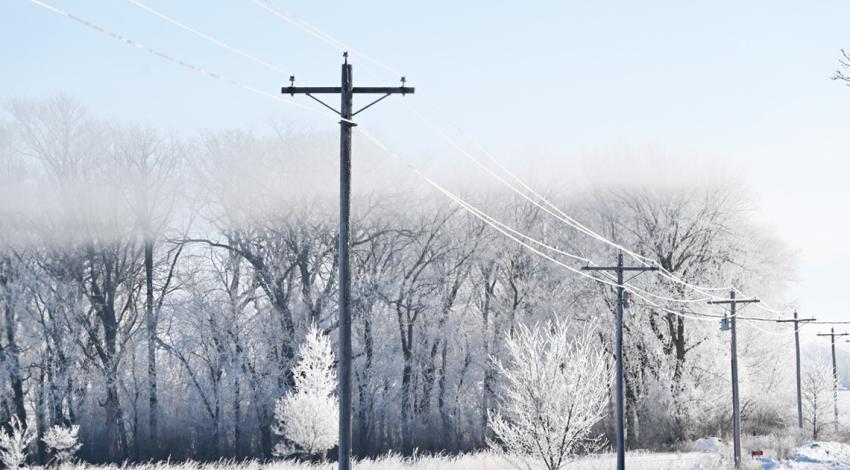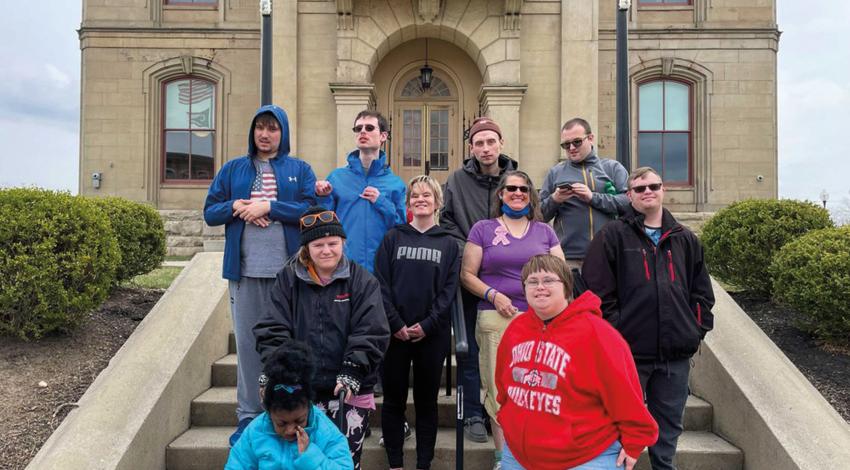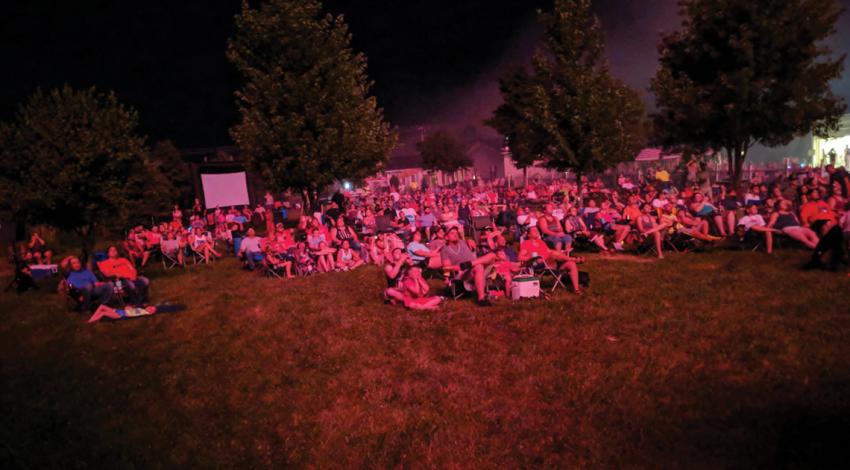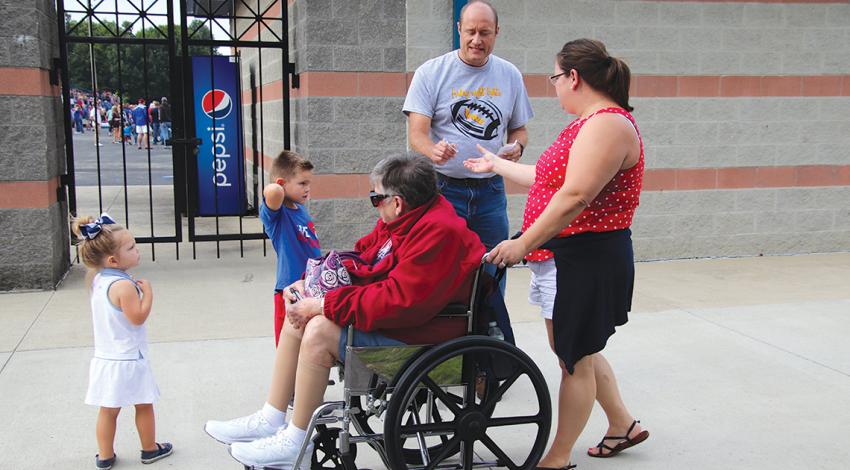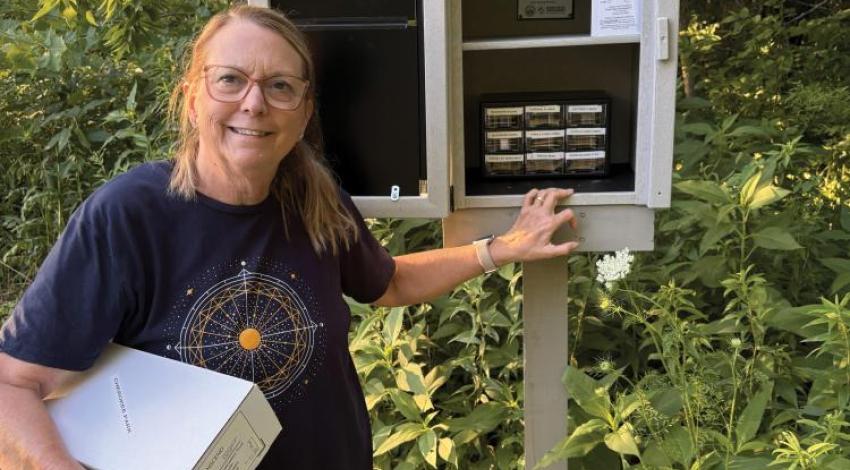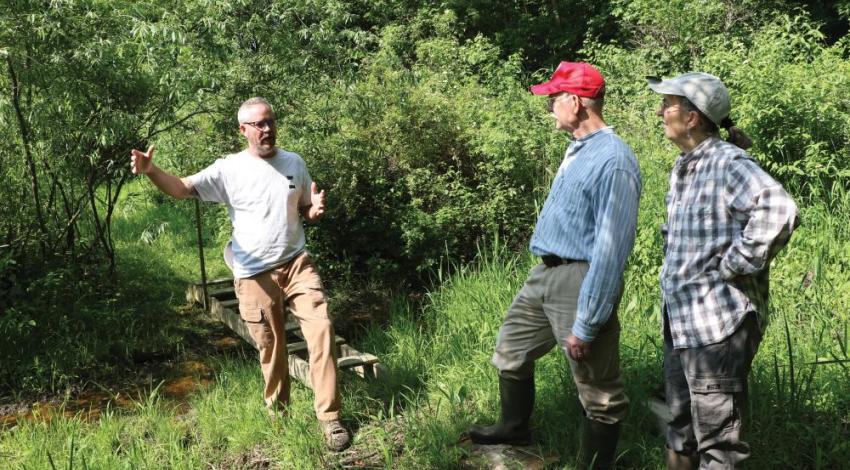Winter poses a particular set of challenges to your electric cooperative’s commitment to provide members with an uninterrupted supply of power every hour of every day of the year. Winter storms in particular can wreak havoc on electric lines, and often result in longer outage times because icy roads and fallen trees and limbs make it even more difficult to mobilize people and equipment to the areas that are hardest hit. Access to downed lines is slow and tedious, and working conditions that lineworkers face when they arrive to make repairs are often difficult and even dangerous.
member satisfaction
It’s a situation nearly everyone can relate to: Your phone rings, you glance at the unfamiliar number, and you make the quick decision not to answer the call.
“When I first started at NRECA Market Research Services, nearly 18 years ago, 100% of our surveys were being done by phone,” Sanstead says. “In the past five years or so, I feel that members are still more willing to spend time on a survey for their local electric cooperative than they would be for a political survey, but people’s behavior with phones has changed. Many people will not answer their phone if they don’t recognize the number calling them.”
Jennifer Thornburgh, a member of Bellefontaine-based Logan County Electric Cooperative, hadn’t really thought much about the few pennies she added each month to her electric bill.
As it turns out, Thornburgh’s donation — an average of $6 per year, a few nickels and dimes at a time — helped LCEC boost a program that helped her own family. One of LCEC’s Operation Round Up grants helped RTC Industries in Bellefontaine to provide a transition program for young adults with developmental disabilities.
What started out as a little backyard celebration just outside the village of Fletcher in Miami County nearly 20 years ago has evolved into an event that everyone can enjoy.
Even their “humble” beginning wasn’t all that insignificant; the event drew between 100 and 150 agricultural business contacts, family, friends, and neighbors. But now, the event has grown to several thousand in attendance — and that doesn’t even include those who watch the show from neighboring private parties or from safe parking spots nearby.
“Ultimately, we do this to make people happy, especially those in our community,” Mike says. “You don’t do this for the money — you do this because you want to make those people happy. That, to me, is the challenge.”
This past year was one of transition. COVID-19 began to have less effect on our lives through the year as vaccines became available, and many businesses returned to more normal operations. The federal government underwent a shift in power between the parties and adjusted its focus to different priorities. The recovery in economic activity was hampered by shortages of materials and labor as businesses tried to recover production capacity and supply chains struggled to supply needed goods.
Every now and then, Anthony Smith, president and CEO of Union Rural Electric Cooperative in Marysville, finds he’s dashed out of the house in the morning without eating breakfast, so he ends up in the drive-thru lane at the fast-food place next to his office to grab a bite
Every now and then, Anthony Smith, president and CEO of Union Rural Electric Cooperative in Marysville, finds he’s dashed out of the house in the morning without eating breakfast, so he ends up in the drive-thru lane at the fast-food place next to his office to grab a bite on his way to work.
